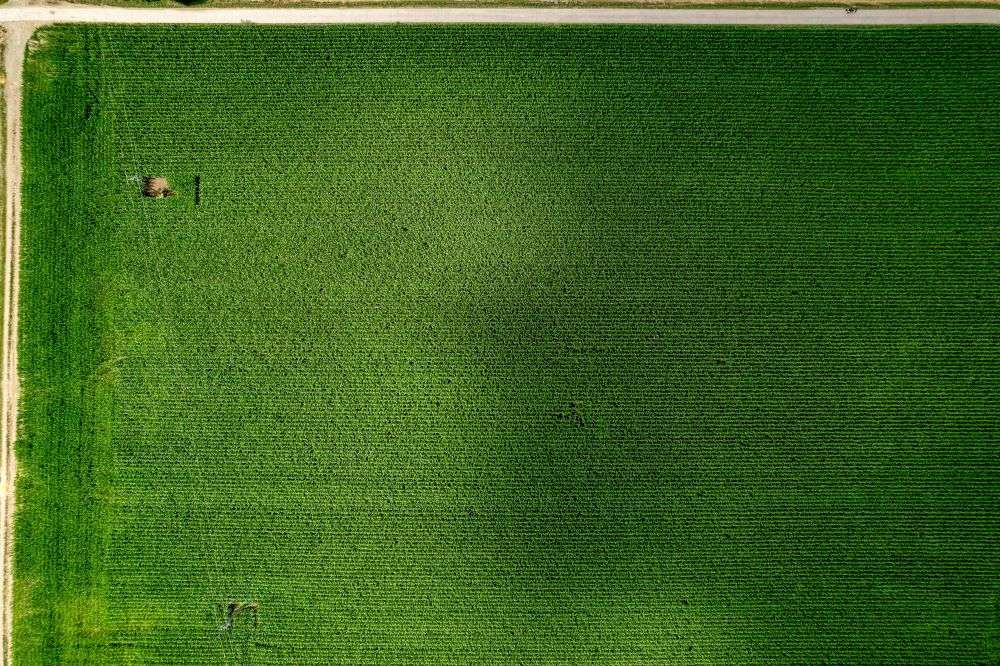The global food supply chain, a significant contributor to carbon emissions, is under scrutiny for its sustainability practices. The WEF is investigating methods to make this industry more sustainable without compromising food availability. Among the proposed solutions, blockchain technology stands out as a potent tool to enhance transparency, traceability, and security in food supply chains.
Blockchain technology can address the inefficiencies, security risks, and lack of transparency often associated with traditional food supply chains. These issues can lead to severe problems, such as excessive food waste and contamination-related deaths. Blockchain’s real-time product tracking from source to consumer supports sustainability efforts by ensuring compliance with environmental, social, and governance (ESG) standards and helps producers receive fair compensation.
Overcoming Visibility Challenges with Blockchain
Blockchain’s transparency is crucial for managing Scope 3 emissions, which originate from a business’s supply and value chains. These emissions are notoriously challenging to manage, especially when suppliers are based in countries with weaker environmental regulations.
Blockchain provides a clear and unchangeable record of every transaction and process within the supply chain, helping companies better monitor and reduce their carbon footprint, even across multiple supplier tiers. The distributed ledger system of blockchain ensures that all supply chain participants access the same information, thereby improving communication and trust.
The Growing Role of Blockchain in Food Supply Chains
Despite the challenges in integrating blockchain with legacy systems, many companies have experimented with the technology. A case study from SettleMint, featuring Silal Fresh, an agritech company division, demonstrates the practical benefits of blockchain. Silal Fresh implemented a comprehensive traceability system that records every touchpoint of their products in a blockchain ledger, leading to improved delivery efficiency, customer satisfaction, and brand loyalty.
Securing Supply Chains with Blockchain
In addition to transparency, blockchain offers significant security advantages. Traditional supply chains often rely on centralized systems and are vulnerable to cyber-attacks. Blockchain’s decentralized nature makes it more resilient to such threats, as data is distributed across a network of nodes rather than stored in a single location. This added layer of security is crucial for protecting sensitive information and maintaining the integrity of the supply chain.
As the WEF continues exploring strategies for a more sustainable future, blockchain stands out as a critical tool for transforming how food is produced, distributed, and consumed.





